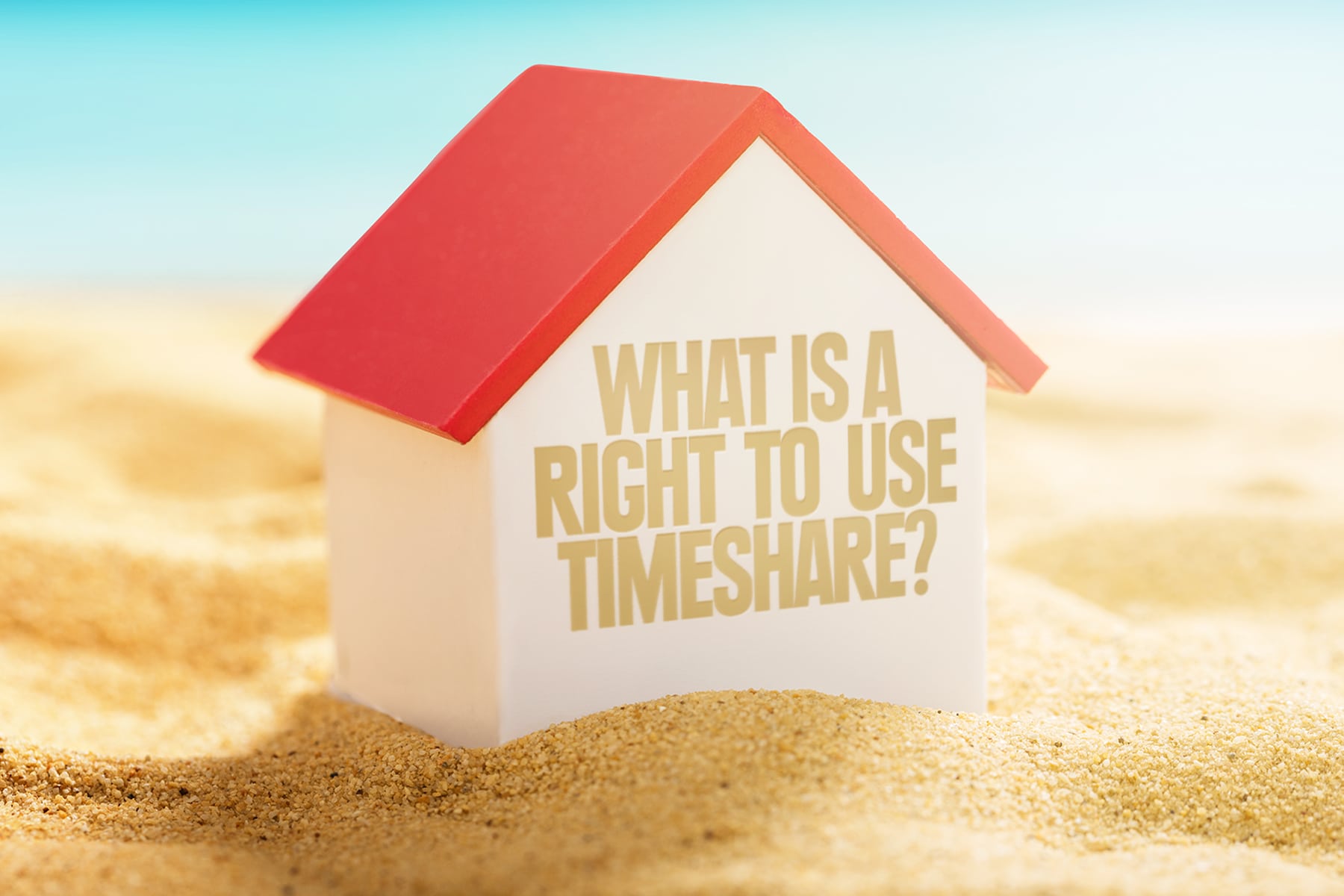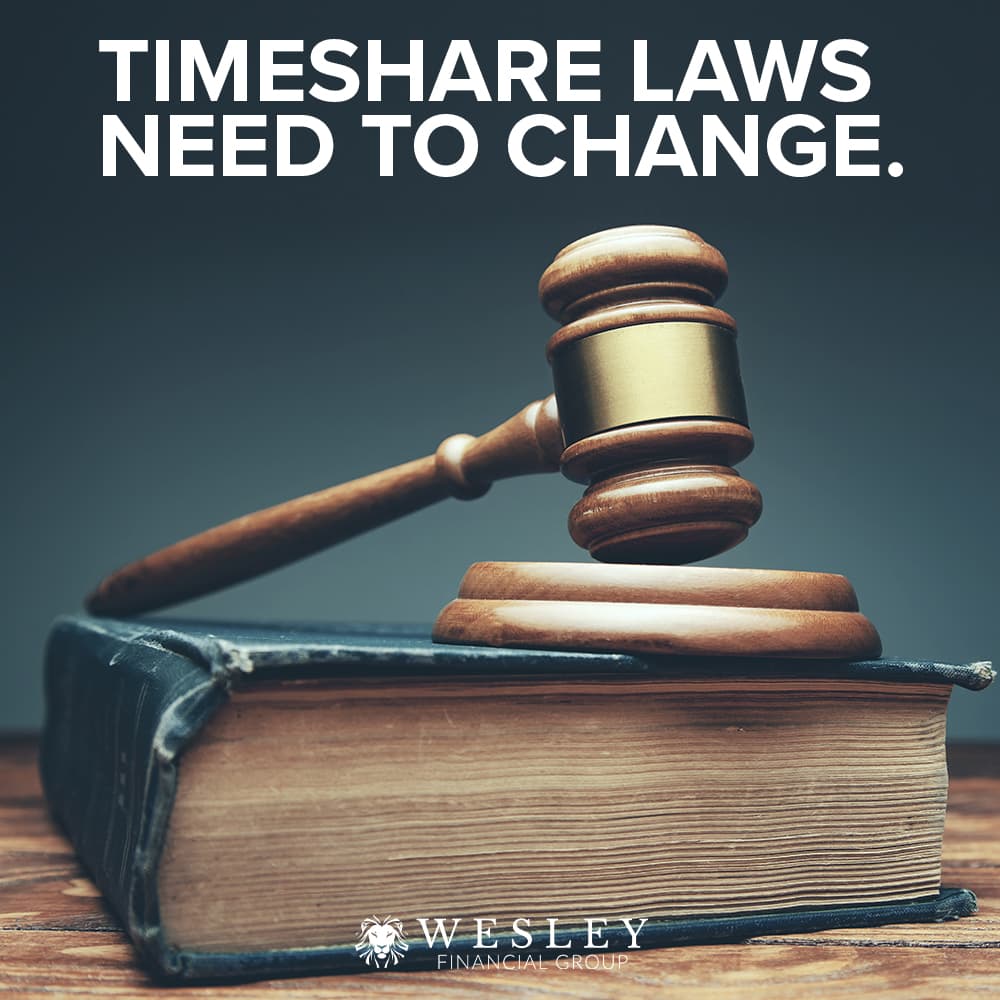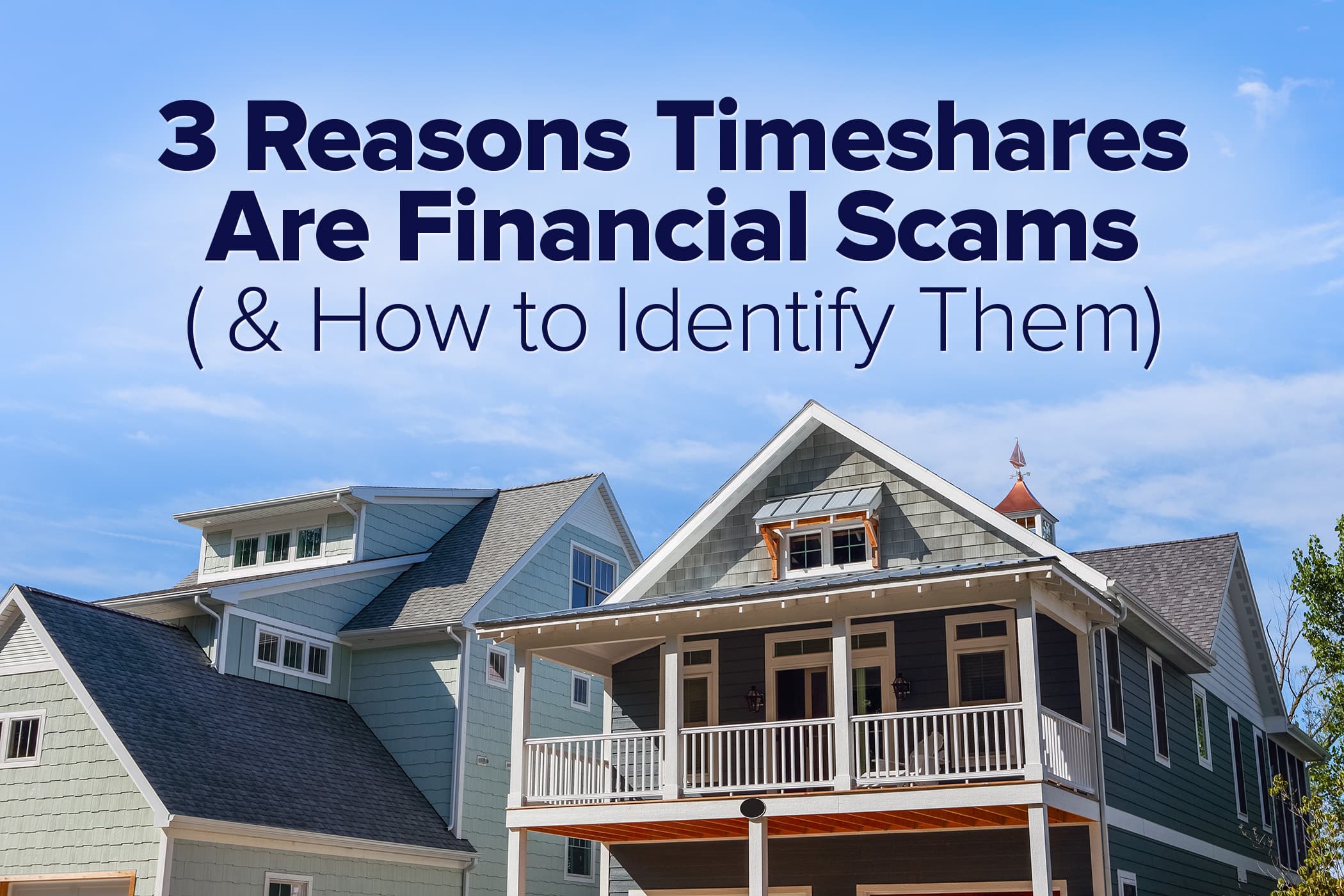Table of Contents
A Beginner’s Guide to Timeshare Buying and Selling
The history of the timeshare industry dates back to the 1960s; since then, it has become a billion-dollar enterprise. This rise in popularity also led to the development of a secondary market for such vacation properties. With the internet’s emergence and access to online marketplaces just one click away, timeshare resales are almost as in demand as the units sold by the resorts.
Below is an overview of the timeshare resale market.
FREE
Timeshare Exit Info Kit
Get your free Timeshare Exit Info Kit today to learn more about Wesley Financial Group and how we may be able to help you get out of your timeshare.
Timeshare Exit Info Kit
Get your free Timeshare Exit Info Kit today to learn more about Wesley Financial Group and how we have saved 50,000 families over $635 million in timeshare debt.
The Ins and Outs of the Resale Marketplace for Timeshares
Timeshare ownership has been a form of vacation club membership sold by resorts for decades. Families buy into it to secure a lifetime of vacations. However, what should owners do when they lose the desire for their timeshare or become unable to use or afford it?
That is when the timeshare resale market gets introduced. Many timeshare owners turn to secondary resources to discard regrettable purchases. In addition, many interested buyers look to this aftermarket to circumvent the corporate resorts’ high costs and deceitful practices.
Following are answers to a few of the most frequently asked questions.
What Is a Timeshare Resale?
A timeshare resale is an option to buy vacation ownership from an individual owner by cutting out the property developer. If an owner no longer desires their timeshare ownership and it is too late to cancel the agreement, they can often list it for sale to recoup some of their investment. Due to the lack of value appreciation, however, timeshare resale prices are often a fraction of their original retail listings.
Where to Find Timeshare Resale Listings?
Whether buying or selling a timeshare, there are a variety of marketplaces to choose from. That includes industry-leading services for timeshare resales that provide in-house advertising options and closing assistance, along with some of the largest and most common online marketplaces offering global exposure and easy-to-use features. A few examples of trusted sites include:
- RedWeek
- Timeshare Users Group (TUG)
- Craigslist
- eBay
What Is the Difference Between a Timeshare Resale and a Timeshare Rental?
Buying or renting a timeshare is contingent on the traveler’s individual needs. There are several considerations to make that could sway consumers. For instance, renting timeshares is often ideal for last-minute trips that still provide luxurious accommodations or for those interested in ownership who want first to experience different resort brands.
On the other hand, purchasing a timeshare might be ideal for folks trying to save money on annual trips to their favorite destination or those who already rent timeshares. Regardless, both routes offer suitable types of timeshares to satisfy the preferences of most vacationers.
Can I Resell My Timeshare to the Resort?
Some timeshare companies allow owners to sell their property units back, a process often referred to as timeshare deed-back programs.
While this method does not profit the owners, it may grant them savings from annual maintenance fees and special assessments. Note that not all resorts offer such programs. To find out if this is feasible, contact the developers who sold the timeshare before moving forward with the second-hand market.
Understanding the Right of First Refusal
Despite the timeshare industry lacking proper consumer regulations and guidelines, legal considerations protect resorts’ interests. Nowhere is that more apparent than with the Right of First Refusal (ROFR) clause.
This provision allows resort developers to buy back the property. Before finalizing the sale to an outside entity, the timeshare company responsible for the unit can match the bid and retain its ownership. ROFR is often exercised to recover resales so the resorts can resell them at a much higher price.
How to Buy a Timeshare Resale
Buying a timeshare resale is as simple as browsing an online marketplace, selecting a unit from their inventory, and completing the sales transaction.
The resale market offers assorted types of ownership, location, and resort brands. If unable to decide which vacation club is most suitable or whether weeks or points are ideal, many companies and self-help organizations can provide expert assistance.
No matter the decision, it is imperative to entrust an experienced third party to help carry out the purchase. Research the reseller’s listings and look for red flags from past customer testimonials.
How to Sell a Timeshare Resale
Reselling a timeshare involves determining its fair market value, selecting a marketplace, and advertising it until someone makes an offer. Due to the countless timeshares for sale, disposing of them can be challenging. That is why it is recommended to explore potential exit options with the resort first.
If limited in options, one way to unload an unwanted timeshare is with the help of a licensed realtor who has experience in the industry. Another choice is to enlist a timeshare resale advertising company to market it. This option bypasses a real estate brokerage’s service and might interest owners past due on their maintenance fees or other expenses.
While many legitimate companies buy timeshares, be wary of fraudulent firms offering assistance.
Benefits of Timeshare Resale
Buying timeshare resales has advantages, particularly compared to the standard timeshare sales process. Many folks reason that the resale market is the preferred method for offering consumers savings, convenience, and flexibility on top of the timeshare ownership perks. Find out more about these benefits below:
Frugal Alternative
The most prominent benefit of buying a timeshare through the resale market is the potential for substantial savings. Compared to buying from a resort at an average cost of $24,000, consumers can save a lot of money by enjoying low-cost resale units.
Shop from Home
Another advantage of buying a timeshare resale is that the process can take place from the comfort of your home. Rather than the traditional sales pitch of sitting through long timeshare presentations and tours, resale shopping evades those pressure-intensive marketing events and makes for a more relaxed experience.
Endless Options
Timeshare properties are located worldwide, and buyers have limitless resale options. Shoppers can browse at their own pace, filtering through deciding factors such as locations, ownership types (weeks or points), and costs.
Common Pitfalls of Timeshare Resale
The negative aspects of resales, and with timeshares themselves, often require some prying, so set aside an adequate time for the decision. See below why some say you should never buy a timeshare:
Exclusion of Certain Perks
When buying a timeshare resale, some membership benefits may not transfer from the original owner. For example, you may not be able to enroll in a points system or exchange network with the resort if you have a resale unit. Ask about such potential restrictions beforehand.
Lack of Investment Value
Timeshares are not real estate assets. While resale options often offer these vacation services at a discounted price, there are always additional expenses, such as annual dues, which can cost as much as $1,000. Timeshares seldom have a positive return as an investment.
Risk of Resale Scams
If venturing into the second-hand timeshare market, be vigilant of scam artists. Some “resellers” are fraudulent acts posing as trusted entities preying on owners in search of help. Only work with reputable services.
Timeshare Scams
For many timeshare owners, getting scammed is nothing new. Alas, nobody wants to endure that, but it sometimes transpires. Given the difficulty in terminating a timeshare agreement, many owners fall victim to fraudsters claiming to be reliable timeshare resale organizations.
These scams often happen when a scammer cold-calls an owner who has their unit listed for sale. They claim to have an interested buyer, and all the owner must pay is a small upfront fee to complete the sale. More often than not, they will take that money and never be heard from again. A resale scam can cost owners thousands of dollars and prolong their timeshare burden.
Tips for Avoiding Timeshare Resale Scams
- Stay Away from Timeshares: The best way to dodge resale scams is not to get involved. Whether it is the ongoing expenses or the fact that many agreements are perpetual and risky to one’s beneficiaries, timeshares often are not always what they seem.
- Ignore Unsolicited Contact: A phone call from a reseller should serve as an alert that something is awry. Resale scammers employ similar deceptive tactics as timeshare vendors, such as luring customers with rewards or making false promises. Be aware of this, as trusted timeshare exit companies do not make such cold calls.
- Never Pay Upfront Fees: Fraudulent timeshare resellers push for fast transactions. They might remark that you should pay in advance to cover the closure costs. If this is your first conversation with them and they already ask for money, they are only interested in the funds. Establishing trust prior to writing a check is vital.
How Wesley Financial Group Can Help Timeshare Owners
The timeshare industry is full of deception, from the resorts to the so-called “resellers.” While the resale market has proven beneficial for buyers and sellers alike, there is always the risk of a scam. Research who you work with to avoid getting into an unfortunate predicament.
Many owners have diverted to hiring cancellation companies rather than reselling their timeshares. Wesley Financial Group (WFG)* is a perfect example, as it was founded by industry pioneer Chuck McDowell. Since 2011, WFG has terminated more than 40,000 timeshare agreements. Schedule a free consultation with a WFG representative today to learn more about their services.

Over 50,000 families helped!
Find out if you can cancel your timeshare. Schedule a FREE consultation with timeshare cancellation experts now.
Get Rid of Your Timeshare
Schedule a FREE Consultation with one of our timeshare cancellation experts who have saved families over $635 million.










